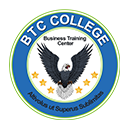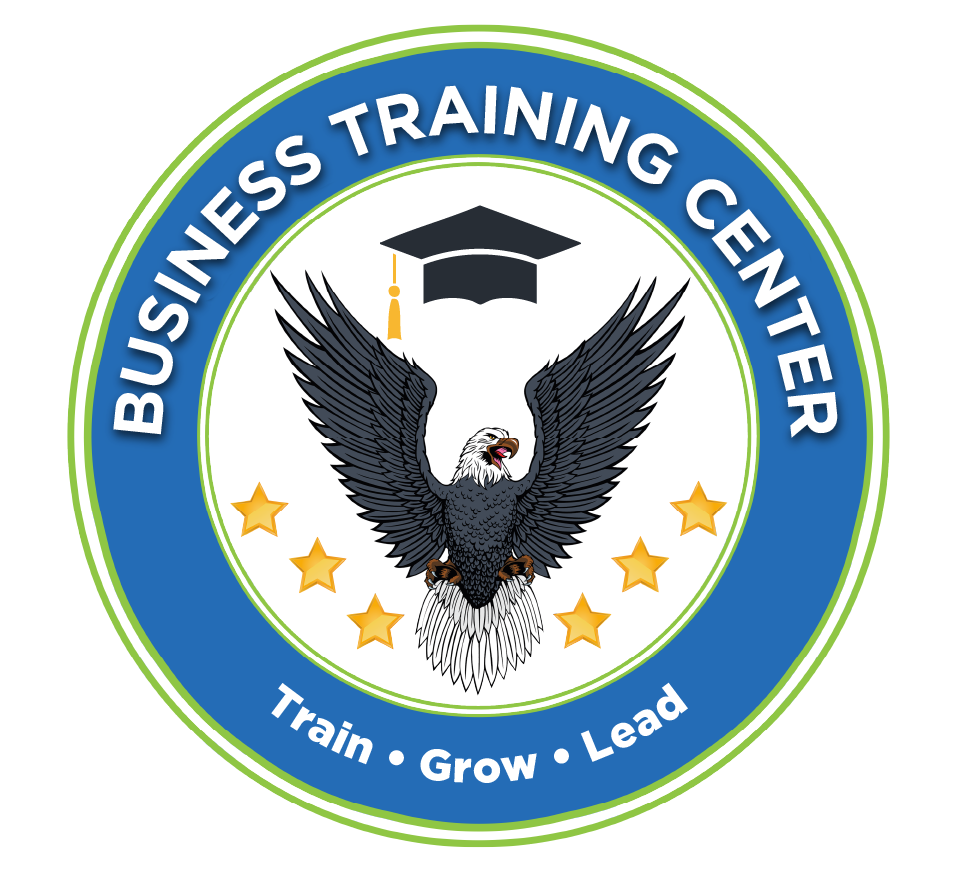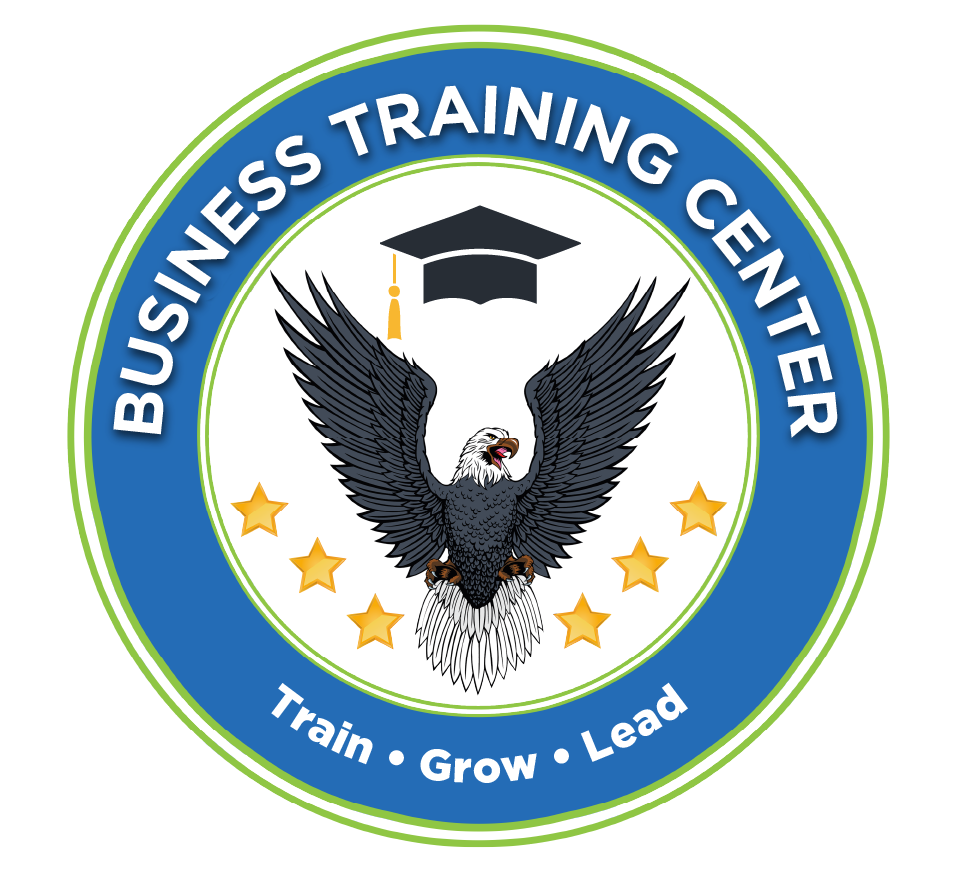Without sound classroom skills even the most talented teacher will fail to achieve their teaching goals; this program shows how implementing modern pro-active practices and classroom structure improves teaching and makes you a more successful teacher.
This Program is about becoming an exceptional teacher. It is based on three principles: creating a learning community within classrooms and schools to encourage responsibility, trust and academic improvement; proactive discipline to prevent problems and to create a positive classroom environment and enthusiastic students; and positive support for students to help their development.
The Program is filled with practical advice, thoughts and strategies for managing classroom behaviour, designing and setting up classrooms, and ensuring student safety. It combines the best practices of general and special education for managing students, including those who are culturally diverse and those with special needs.
MAJOR TOPICS COVERED IN THIS DIPLOMA PROGRAM INCLUDE:
- Proactive classroom management – its meaning and effect on achievement.
- Proactive teachers, positive teacher attitudes.
- The purpose of education; management and achievement in teaching, classrooms and schools.
- School discipline and the behaviour of students; classroom structure, instruction approach.
- Theories and models in teaching; applying concepts, teachers’ self-reflection and review.
- Building a classroom community: the benefits in terms of success, trust, and the effects on student behaviour.
- Creating a sense of belonging for students.
- Effective empowerment of students and improvement in results and behaviour.
- The elements and planning involved in creating a proactive classroom.
- Developing positive student-teacher relationships; becoming a good teacher.
- Emotional empathy and understanding students’ communities and situations.
- The issues of managing and dealing with stereotypes; aiming for gender equity and avoiding bias.
- Diversity in the classroom and cultural differences.
- Preventing disruption in learning environments.
- Managing groups, maintaining focus, achieving group cohesion.
- Encouraging peer relationships and support networks for students.
- Enhancing student motivation; overcoming the failure syndrome; increasing optimism and effort.
- Motivation theories in educational situations, intrinsic and extrinsic motivation.
- Instructing classes; promoting engaged learning.Organising teaching.
- Differentiation in the classroom for learners, learning and development.
- Students with learning problems, dealing with them; promoting and enhancing social skills.
- Positive behavioural support; proactive behavioural intervention strategies.
- Analysing and counteracting misbehaviour; problem behaviour and strategies to overcome it.
- Discipline with dignity; the roles, advantages and disadvantages of sanctions and punishment.
- Behaviour modification and accepted standards of behaviour.
- The conflict cycle, reinforcement of good behaviour and positive outcomes.
- Students with emotional problems; types of behaviour arising.
- Students with disabilities; model programs.
- Self-control for teachers and educators.
- Health and safety in schools; hazards and dangers in schools and educational establishments.
- Safety and risk management, the responsibilities of educators and supervisors.
For more news & information on accreditation approval , endorsement, recognition for Cambridge International College.



